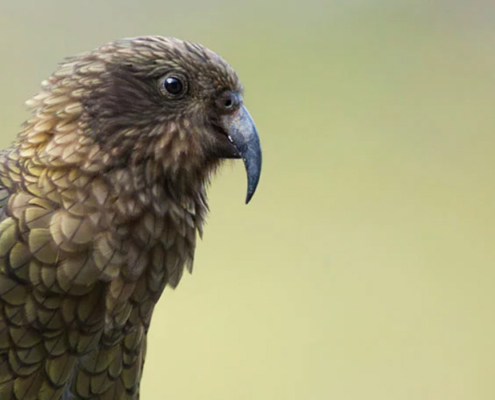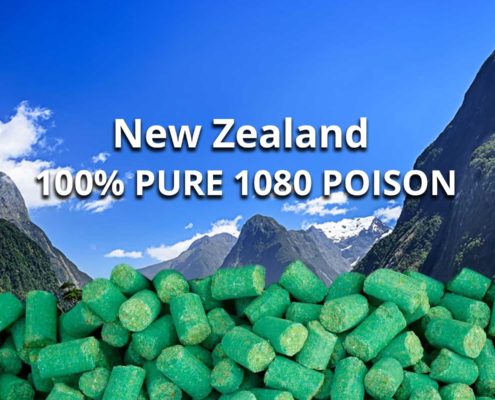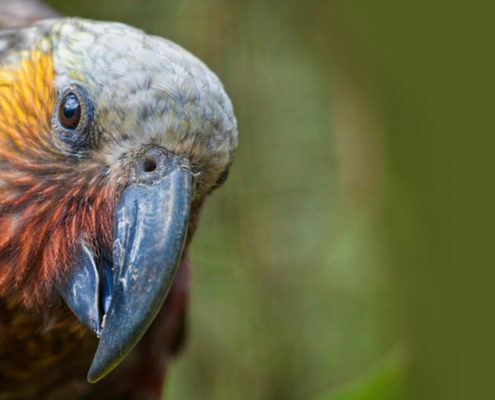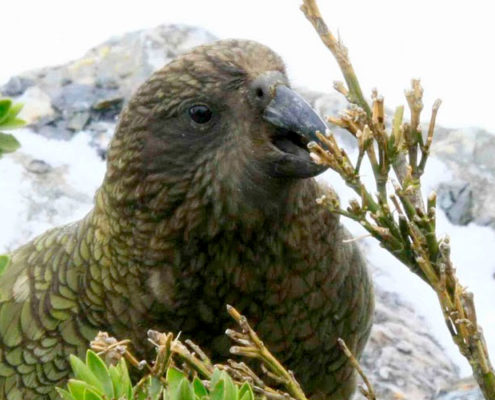PRESS RELEASES
Published scientific reviews on the use of aerial 1080 poison in New Zealand to provide a balanced flow of information for a better informed, and educated public, by Independent Scientists: Dr Jo Pollard, BSc (Hons), PhD, Zoology.

Letter to Mike Slater, DOC, Re: Aerial1080 in Arthurs Pass National Park
You have given consent for the business “Vector Control Services” to aerially poison Arthurs Pass National Park, including places that have not been poisoned before, primarily to control rats in order to protect kakariki.

Science against 1080
Will NZ’s Department of Conservation win against rodents and stoats with 1080 poison? Scientist Dr Jo Pollard puts the counter view.
The New Zealand government’s Department of Conservation (DoC) is responsible for managing our land and natural resources for the purposes for conservation.

20 Reasons why DoC should not poison kea habitat
An average of 12% of marked kea have been reported dead within the first few days of aerial poisonings (DoC, 2016; Kemp et al., 2016, unpublished); range up to 78% (Graf, 2011). (Figures do not include later deaths from carcass scavenging or slow deaths from poisoning.)

Letter to Mr Feng Jing, Chief, Asia and the Pacific Unit World Heritage Centre
You have given consent for the business “Vector Control Services” to aerially poison Arthurs Pass National Park, including places that have not been poisoned before, primarily to control rats in order to protect kakariki.

Loss of science quality in NZ is having dire consequences
Back in the 1990s, in at least one institution, rigorous government science was alive and well. At Invermay Agricultural Research Centre, “Lab” meetings were being held where the scientist (or trembling student) presented his or her proposed experiment: the background, hypotheses to be tested and methods.

Why is there an argument over 1080?
For many decades New Zealand has been racked by arguments over the widespread use of aerial 1080 poison. Both sides of the argument are supported by intelligent and committed conservationists so why can’t consensus be found when both sides care deeply about the birds and the forests.

1080 Poison | Science and Facts
Any true scientist would be intensely annoyed to see wishful thinking and casual observations (rather than properly replicated experiments with appropriate controls) masquerading as science, especially when lots of people actually believed in it.

At least 65 dogs in a year poisoned by 1080 in New Zealand
The researchers carried out a postal survey of 125 randomly-selected veterinarians. Fifty-two vets responded and within their practices over a one year period, 65 dogs poisoned by 1080 had been dealt with. Three of the 52 respondents had each treated 10 cases. Only 25% of the treated dogs survived

